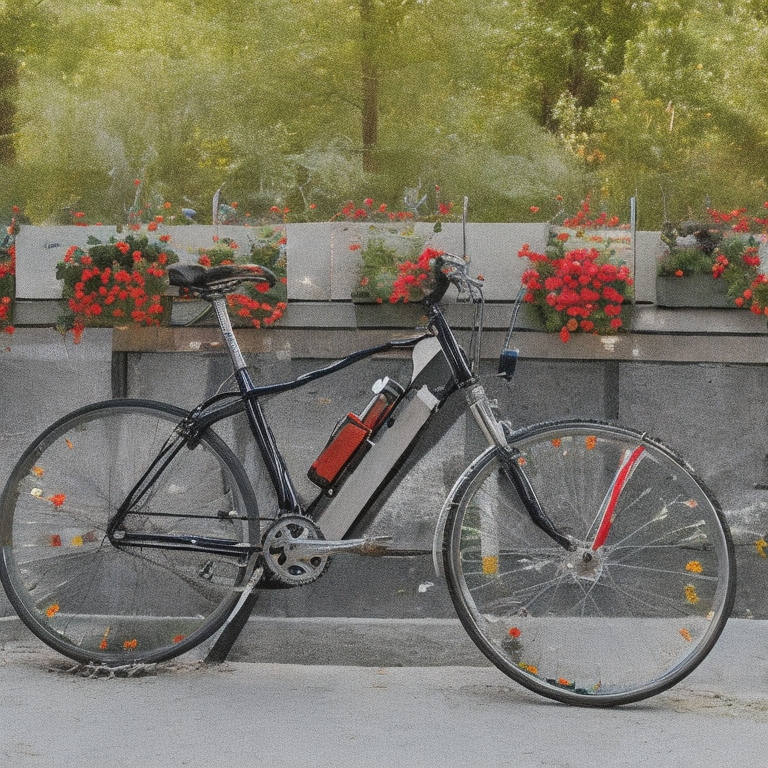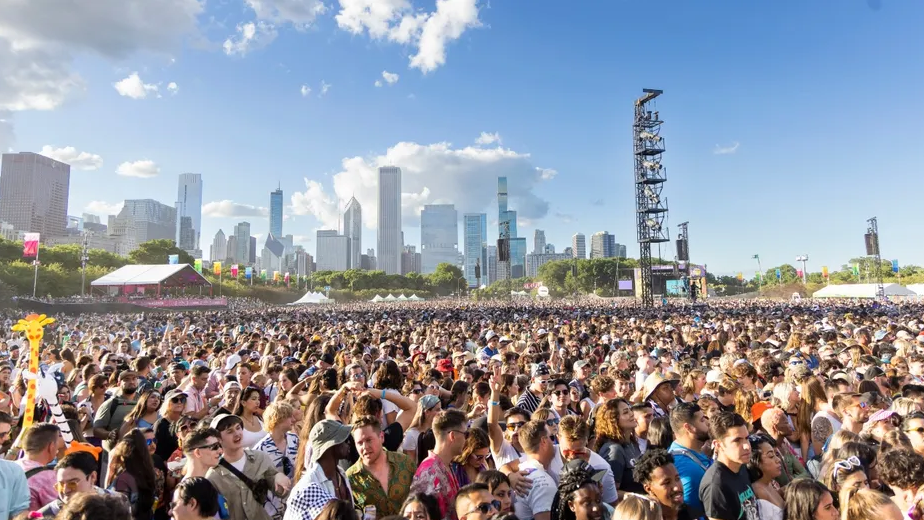Introduction
On World Bicycle Day, we celebrate the joy and importance of cycling, not only as a means of transportation but also as a catalyst for promoting inclusivity in bicycle culture. Inclusivity goes beyond physical access to cycling; it encompasses creating an environment where people of all backgrounds, genders, and abilities feel welcome and empowered to embrace the cycling lifestyle.
Benefits of Cycling for All
Cycling offers a multitude of benefits that positively impact individuals and the environment. From a physical health perspective, it is a low-impact exercise that improves cardiovascular fitness, strengthens muscles, and aids in weight management. Regular cycling also has profound effects on mental health by reducing stress, anxiety, and depression while boosting overall mood and well-being. Moreover, cycling as a sustainable mode of transportation contributes to reducing air pollution and congestion, making our cities cleaner and more livable.
Challenges to Inclusivity in Bicycle Culture
While cycling is a universally accessible activity, there are challenges to achieving inclusivity in bicycle culture. Accessibility issues, such as a lack of bike lanes, parking facilities, and proper infrastructure, can hinder participation for individuals with mobility impairments. Additionally, gender disparities exist, with women facing safety concerns and cultural barriers that discourage their involvement in cycling. Overcoming these challenges requires proactive efforts to create an inclusive environment that addresses these disparities head-on.
Promoting Inclusivity in Bicycle Culture
To promote inclusivity in bicycle culture, various strategies can be implemented. Infrastructure development plays a crucial role, encompassing the creation of safe and accessible cycling paths, bike-sharing programs, and bike-friendly urban planning. Education and awareness programs are equally important, providing training on road safety, cycling etiquette, and the benefits of cycling. Engaging the community through events, workshops, and partnerships fosters a sense of belonging and encourages participation from diverse groups.
Case Studies of Inclusive Bicycle Initiatives
Numerous cities have embraced inclusive bicycle initiatives, showcasing successful models for promoting inclusivity. City A has transformed its urban landscape by creating accessible cycling routes that cater to individuals with disabilities, ensuring that everyone can experience the joy of cycling. City B has pioneered women-centric cycling programs, offering a safe and supportive environment for women to develop their cycling skills and confidence. In City C, efforts have focused on overcoming cultural barriers by organizing community events that celebrate diverse cycling traditions and encourage participation.
Inspiring Stories of Inclusive Cyclists
Inclusivity in bicycle culture is made tangible through the inspiring stories of individuals who have broken barriers and embraced cycling. These personal anecdotes highlight the transformative power of cycling and the positive impact it has on people's lives. From stories of individuals with disabilities who have triumphed over challenges to narratives of individuals from marginalized communities finding empowerment through cycling, these stories exemplify the potential for inclusivity within bicycle culture.
The Future of Bicycle Culture
Looking ahead, the future of bicycle culture holds tremendous potential for further inclusivity and innovation. Technology advancements, such as smart bike-sharing systems and cycling apps, enhance accessibility and improve the overall cycling experience. Policy changes that prioritize cycling infrastructure and safety further support inclusivity efforts. By collectively working towards a more inclusive future, we can ensure that cycling remains a vibrant and accessible activity for all.
Conclusion
World Bicycle Day serves as a reminder of the importance of promoting inclusivity in bicycle culture. By recognizing the benefits of cycling for all, addressing the challenges to inclusivity, and implementing strategies to create an inclusive environment, we can foster a culture where everyone feels welcome and empowered to embrace cycling. Together, we can build a future where bicycles are not just modes of transportation but also catalysts for positive change and inclusivity.
FAQs
- How can I start cycling if I've never ridden a bicycle before? Starting to cycle is an exciting journey. Begin by finding a suitable beginner-friendly bike, preferably with a lower frame and stable balance. Practice in a safe and open space, gradually building your confidence and balance. Seek guidance from experienced cyclists or consider taking cycling lessons to learn proper techniques.
- Are there any age restrictions for cycling? Cycling has no age restrictions! It is a lifelong activity that can be enjoyed by people of all ages. Whether you are a child, an adult, or a senior, cycling offers numerous physical and mental health benefits. Adjust your cycling routine according to your fitness level and consult with a healthcare professional if you have any concerns.
- Can people with disabilities participate in cycling activities? Absolutely! Cycling can be adapted to accommodate people with various disabilities. There are adaptive bicycles available, such as handcycles or tricycles, that cater to individuals with mobility impairments. Organizations and communities often organize inclusive cycling events specifically tailored to the needs of people with disabilities.
- What safety measures should I consider while cycling? Safety is paramount when cycling. Always wear a properly fitted helmet, obey traffic rules, and use hand signals to communicate your intentions. Equip your bicycle with reflectors and lights for increased visibility, especially when riding at night. Regularly check your bike's brakes, tires, and lights to ensure they are in proper working condition.
- How can I contribute to promoting inclusivity in bicycle culture? There are several ways to contribute to promoting inclusivity in bicycle culture. Start by advocating for better cycling infrastructure and accessibility in your community. Support organizations that work towards inclusivity in cycling and participate in inclusive cycling events. Share your cycling experiences on social media to inspire others and encourage dialogue on the importance of inclusivity.











